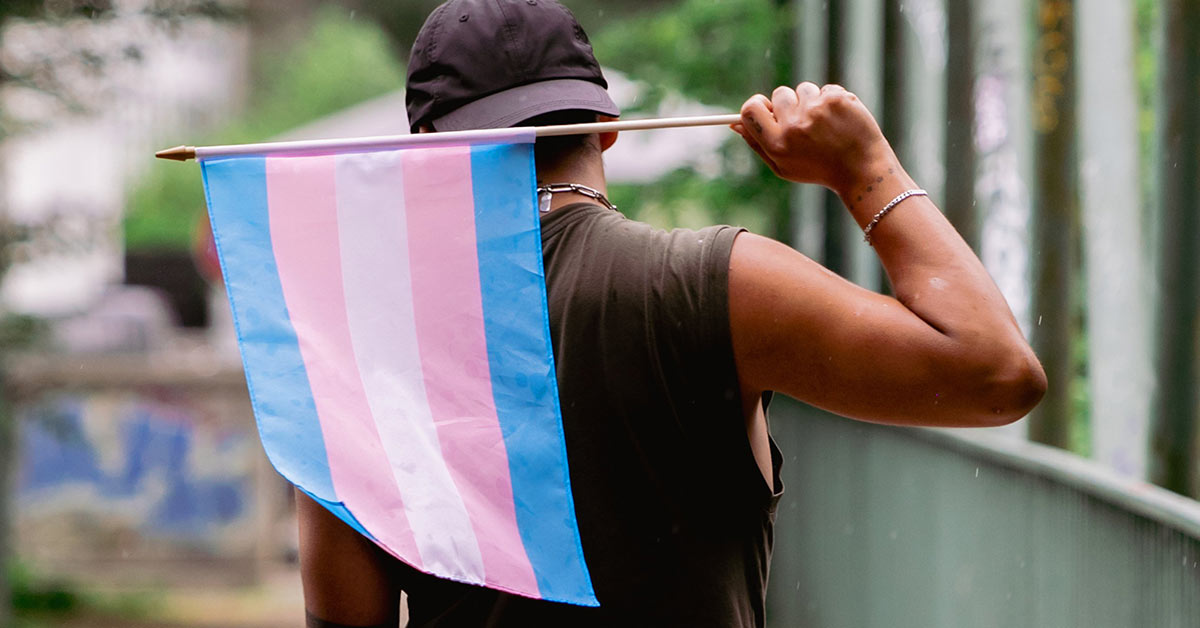SA Muslim Council issues fatwa on burying transgender individuals

The Muslim Judicial Council of South Africa (MJCSA) has issued a fatwa – or “clarification” – about performing Ghusl (ritual washing) on a deceased transgender individual. The fatwa, released on 12 July, was in response to an enquiry about the matter submitted to the council.
The MJCSA asserted that, in Islam, “an individual’s biological sex remains unchanged regardless of any alterations they make to their body” and as such it does not accept the idea that a person’s gender may be different from their biology.
The council, therefore, is only concerned with the scenario of transgender individuals (specifically transgender women) who have made changes to their physical appearance which may lead to a situation of “fitna”; temptation or desire. Transgender persons who have not undergone any physical changes will be treated strictly according to their biological sex and not their gender identity.
The fatwa acknowledges that transgender individuals are a relatively new concept in Islamic jurisprudence, but it addresses the matter through a discussion of “attractive amrad,” individuals who may share some similarities with transgender individuals, having physical features resembling women.
Imām Ramlī, one of the scholars referenced in the fatwa, equates the washing of the attractive amrad with that of women, deeming it impermissible for an adult male to look at, touch, or wash the body of the deceased. Following this position, the fatwa suggests that the deceased attractive amrad and “attractive” transgender female should be washed by their mahram (a close blood relative with whom marriage is forbidden).
In cases where a mahram is unavailable to perform the Ghusl, the fatwa permits a non-mahram male to wash the body while it is covered with a veil, ensuring no part of the body is seen or touched. This allowance is made due to the consideration of necessity and the near absence of any sexual desire.
On the other hand, Ibn Hajar, another scholar mentioned in the fatwa, treats an attractive amrad as an intersex person. In this context, the sex of an intersex individual cannot be determined and as such, either sex may wash the body in the absence of a mahram, considering the necessity and lack of sexual desire.
In summary, if there is a potential for sexual desire or fear of temptation while washing an attractive transgender person, the fatwa suggests that their mahram should conduct the Ghusl. In the absence of a mahram, an adult of the same sex may perform the ritual while ensuring the body remains covered with a veil, to prevent any inappropriate contact.
The issuance of the fatwa has brought the topic of LGBTQ+ rights and inclusivity within Islamic teachings to the forefront of public discussion. Many LGBTQ+ activists and allies are urging for greater understanding and acceptance of diverse gender identities and expressions within religious communities.
It is important to note that the Muslim Judicial Council’s fatwa reflects its interpretation of Islamic law and may not necessarily represent the views of all Muslims or Islamic scholars. As discussions continue, the LGBTQ+ community advocates for respectful dialogue and a space for diverse voices to be heard, fostering inclusivity and understanding within religious practices and communities.
Leave a Reply